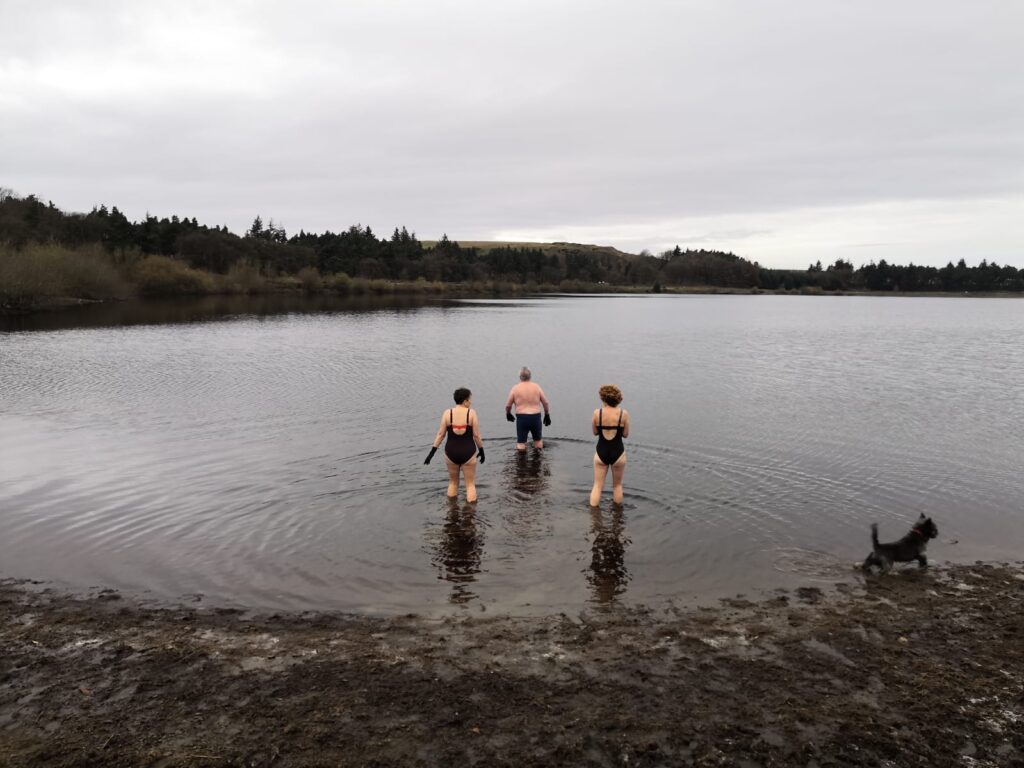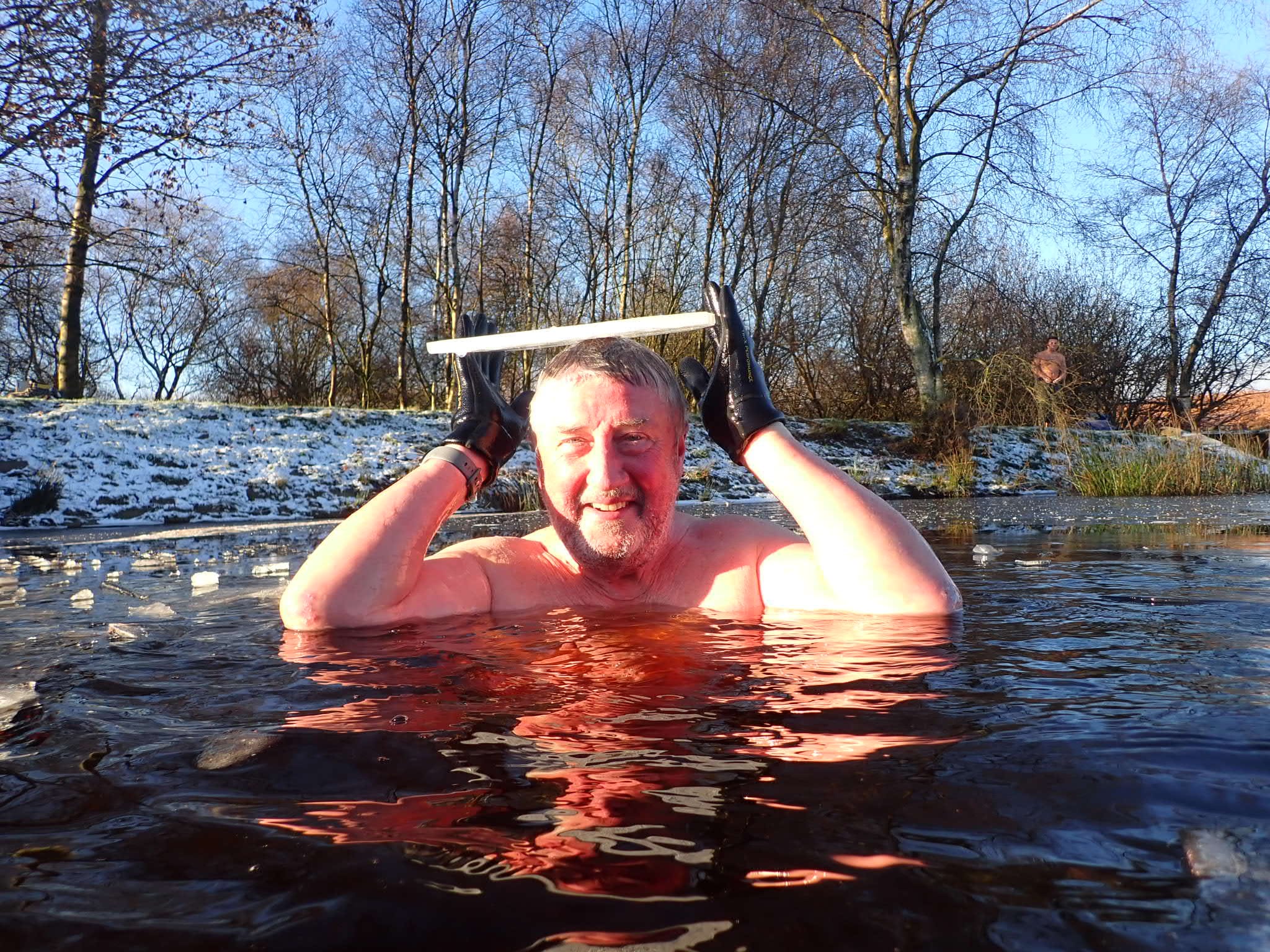Additional reporting by Richard McLaughlin
A wave of outdoor winter swimmers hoping to improve their health is sweeping across South Yorkshire.
Ian J France, 66, actor and retired teacher from Sheffield, is entering his third year of cold water swimming.
He struggles with seasonal affective disorder (SAD) in wintertime and swims two to three times a week to improve his wellbeing.
Mr France said: “It’s just an incredible physical and mental buzz that you get from it.”
He swims with a group of friends, usually on the edge of the Peak District.
He said: “Last week we met up, and one of our friends was feeling quite down in the dumps, she was having a miserable day, it was cold and grey, and we had a swim and everybody felt better afterwards.
“It just seems to give you a kind of reset for the day.”

While the extent of health benefits associated with cold water swimming is still debated, there are multiple studies that suggest it may improve cardiovascular and mental health.
However, it doesn’t come without risks.
Inland water temperatures can fall to as low as 0 degrees in UK wintertime, which can affect how long a person can stay submerged and how the body will react.
Sophie Kirkton, 41, a cold water swimming instructor and breathwork coach, has been practising cold water immersion for 15 years.
She first discovered its benefits when training for a channel relay swim.
Ms Kirkton said: “I started to notice that I felt amazing, I had more energy, I felt calmer, I felt happier, I felt more regulated and I noticed I wasn’t getting ill. I felt great.”
Ms Kirkton runs a monthly cold water swimming workshop in conjunction with the Forest School in Oughtibridge where she teaches people how to submerge themselves safely and breathing techniques to deal with cold water shock and alleviate stress.
Paul Harries, 45, social worker, has been swimming outdoors for four months after hearing about the mental health benefits associated with the activity.
He said: “I make sure I get into the water really slowly so I can slow my breathing down before I start swimming. You shouldn’t be jumping straight into cold water because you can get cold water shock.
“When you go under the water, it’s like all your senses shut off, and it’s dark and cold. I think it’s amazing.”




